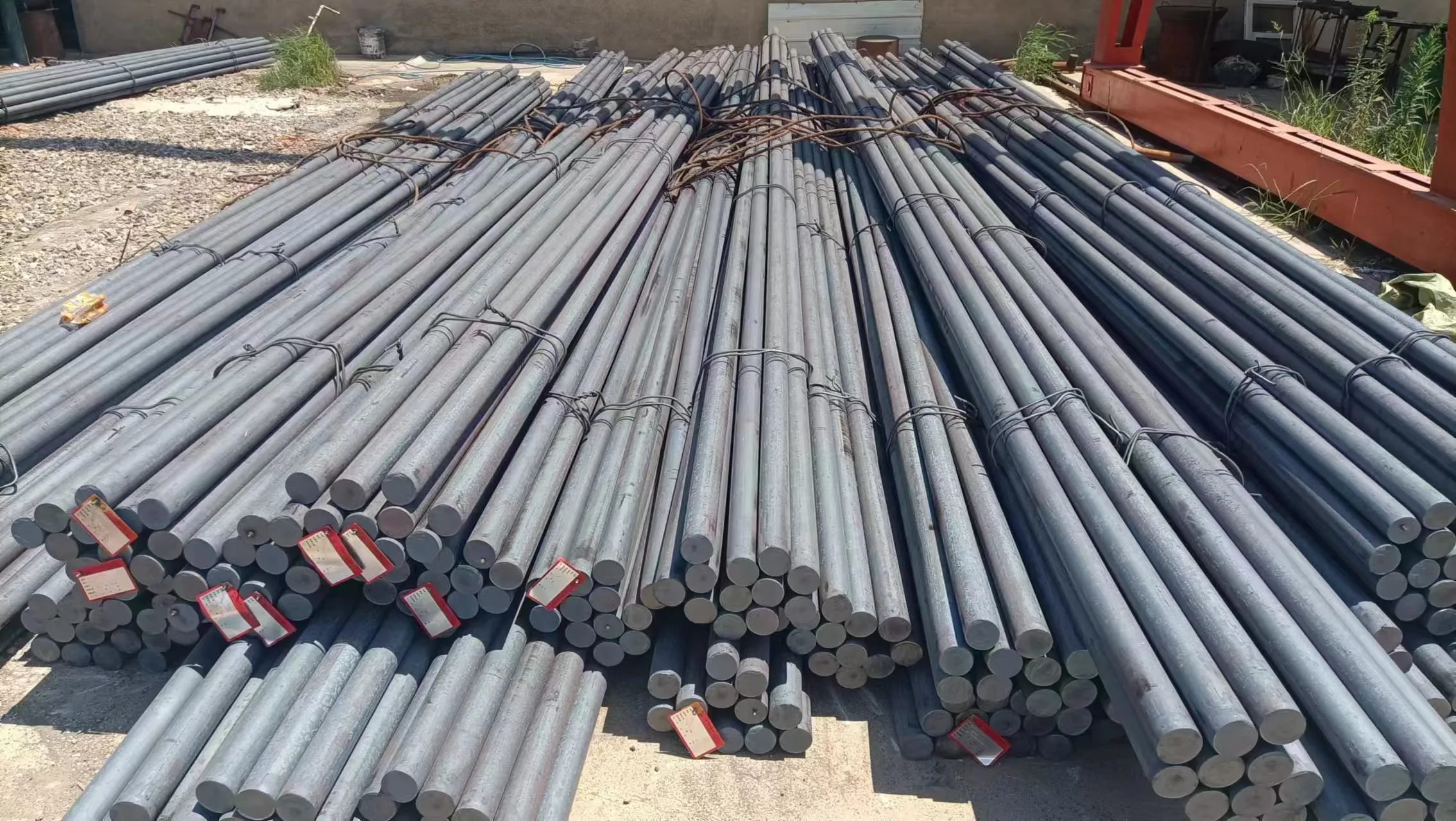-
Cangzhou Yulong Steel Co., Ltd.
-
Phone:
+86 13303177267 -
Email:
admin@ylsteelfittings.com
- English
- Arabic
- Italian
- Spanish
- Portuguese
- German
- kazakh
- Persian
- Greek
- French
- Russian
- Polish
- Thai
- Indonesian
- Vietnamese
- Zulu
- Korean
- Uzbek
- Hindi
- Serbian
- Malay
- Ukrainian
- Gujarati
- Haitian Creole
- hausa
- hawaiian
- Hebrew
- Miao
- Hungarian
- Icelandic
- igbo
- irish
- Japanese
- Javanese
- Kannada
- Khmer
- Rwandese
- Afrikaans
- Albanian
- Amharic
- Armenian
- Azerbaijani
- Basque
- Belarusian
- Bengali
- Bosnian
- Bulgarian
- Catalan
- Cebuano
- China
- China (Taiwan)
- Corsican
- Croatian
- Czech
- Danish
- Esperanto
- Estonian
- Finnish
- Frisian
- Galician
- Georgian
- Kurdish
- Kyrgyz
- Lao
- Latin
- Latvian
- Lithuanian
- Luxembourgish
- Macedonian
- Malgashi
- Malayalam
- Maltese
- Maori
- Marathi
- Mongolian
- Myanmar
- Nepali
- Norwegian
- Norwegian
- Occitan
- Pashto
- Dutch
- Punjabi
- Romanian
- Samoan
- Scottish Gaelic
- Sesotho
- Shona
- Sindhi
- Sinhala
- Slovak
- Slovenian
- Somali
- Sundanese
- Swahili
- Swedish
- Tagalog
- Tajik
- Tamil
- Tatar
- Telugu
- Turkish
- Turkmen
- Urdu
- Uighur
- Welsh
- Bantu
- Yiddish
- Yoruba

Nov . 12, 2024 09:50 Back to list
api pipe schedule 40
Understanding API Pipe Schedule 40 A Comprehensive Overview
In the realm of industrial piping, specifications and standards play a critical role in ensuring the safety, reliability, and efficiency of operations. One such specification is the American Petroleum Institute (API) Pipe Schedule 40. This standard is widely recognized and used in various industries, particularly in oil and gas, water treatment, and construction. In this article, we will explore the characteristics, applications, and benefits of API Pipe Schedule 40.
What is Pipe Schedule?
Pipe schedule is a term used to denote the wall thickness of a pipe, which directly affects its pressure rating and mechanical strength. The schedule number indicates the nominal wall thickness of the pipe. For instance, Schedule 40 implies a specific wall thickness that varies depending on the pipe diameter. The relationship between the schedule number and the corresponding wall thickness is crucial, as it helps engineers design systems capable of withstanding the pressure the pipes will be subjected to.
API Pipe Schedule 40 Specifications
API Pipe Schedule 40 encompasses a series of pipe diameters and their respective wall thicknesses. The standard applies to nominal pipe sizes, typically ranging from 1/2 inch to 24 inches in diameter. As the diameter of the pipe increases, so does the wall thickness according to the Schedule 40 criteria. For example, a 1-inch diameter Schedule 40 steel pipe has a wall thickness of approximately 0.133 inches, whereas a 10-inch diameter pipe has a wall thickness of about 0.358 inches.
The material used for manufacturing Schedule 40 pipes often includes carbon steel, stainless steel, and other alloys. Each material has unique properties that make it suitable for specific applications, including corrosion resistance, mechanical strength, and heat resistance.
Applications of API Pipe Schedule 40
API Pipe Schedule 40 is utilized in a plethora of applications ranging from oil and gas transportation to water supply systems. In the oil and gas industry, these pipes are essential for transporting fuels and chemicals safely across vast distances. The robust nature of Schedule 40 pipes ensures that they can withstand high pressures and harsh environmental conditions.
api pipe schedule 40

In addition to the oil and gas sector, Schedule 40 pipes are also prominent in construction, particularly in plumbing and drainage systems. The uniform wall thickness and strength contribute to the effectiveness of water distribution systems, ensuring that they remain leak-free and reliable.
Benefits of Using API Pipe Schedule 40
1. Strength and Durability One of the primary advantages of Schedule 40 pipes is their strength. The increased wall thickness allows these pipes to withstand high pressure, making them a go-to choice for various industrial applications.
2. Versatility Schedule 40 pipes come in a range of materials and sizes, making them suitable for diverse applications. Whether it’s for residential plumbing or large-scale industrial operations, there’s a Schedule 40 option available.
3. Ease of Installation The standardization of sizes and wall thicknesses means that Schedule 40 pipes can be easily integrated into existing systems. Their compatibility with various fittings and connections simplifies the installation process.
4. Cost-Effectiveness Due to their widespread use and availability, Schedule 40 pipes are relatively affordable compared to other piping options. This cost-effectiveness makes them an attractive choice for many project budgets.
5. Industry Compliance Using API specifications helps companies ensure that their piping systems meet regulatory standards and industry best practices, reducing the risk of failures and associated liabilities.
Conclusion
API Pipe Schedule 40 is a vital standard in the piping industry, recognized for its strength, durability, and versatility. Whether in oil and gas applications or construction plumbing, these pipes play a crucial role in ensuring the seamless operation of various systems. Understanding the specifications and benefits of API Pipe Schedule 40 not only aids in making informed choices but also enhances the safety and reliability of industrial operations. As industries continue to evolve, the relevance of Schedule 40 pipes remains paramount in meeting the challenges of modern engineering and construction.
Latest news
-
ANSI 150P SS304 SO FLANGE
NewsFeb.14,2025
-
ASTM A333GR6 STEEL PIPE
NewsJan.20,2025
-
ANSI B16.5 WELDING NECK FLANGE
NewsJan.15,2026
-
ANSI B16.5 SLIP-ON FLANGE
NewsApr.19,2024
-
SABS 1123 FLANGE
NewsJan.15,2025
-
DIN86044 PLATE FLANGE
NewsApr.19,2024
-
DIN2527 BLIND FLANGE
NewsApr.12,2024
-
JIS B2311 Butt-Welding Fittings LR/SR 45°/90° /180°Seamless/Weld
NewsApr.23,2024











